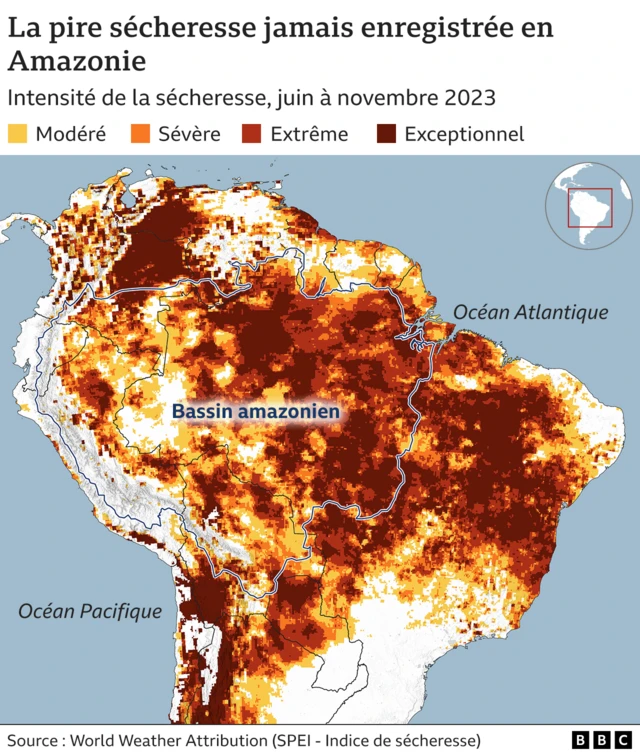Mainstreaming Climate Action in Nigeria’s Ministry of Industry, Trade & Investment
As the global climate crisis intensifies, Nigeria stands at a critical juncture—balancing the imperatives of economic growth with the urgent need to transition toward a sustainable, low-carbon future. While much attention has been focused on the energy, environment, and agriculture sectors, one institution holds untapped potential to steer this transformation: the Federal Ministry of Industry, Trade and Investment (FMITI).
Positioned at the heart of Nigeria’s economic architecture, FMITI governs the policies that shape the country’s industrial growth, trade partnerships, and investment climate. This places the ministry in a powerful position to embed climate resilience and environmental sustainability into Nigeria’s development agenda. Mainstreaming climate action within FMITI is not just a policy choice—it is a strategic imperative for long-term economic competitiveness, global relevance, and national survival.
Rethinking Industrial Development Through a Climate Lens
Industrialization has long been central to Nigeria’s development goals. However, traditional approaches have often relied on carbon-intensive practices, inefficient energy use, and environmental degradation. With the growing urgency to meet both national and global climate commitments—such as the Paris Agreement and Nigeria’s Net Zero by 2060 pledge—FMITI must champion a new era of green industrialization.
This shift begins with adopting low-emission manufacturing technologies, encouraging resource efficiency, and supporting industries that produce climate-friendly goods and services. Policy instruments such as green industrial parks, incentives for circular economy models, and emissions monitoring systems can help align industrial growth with climate targets.
Greening Nigeria’s Trade Policy Framework
Nigeria’s participation in regional and global trade agreements provides an avenue to push climate-compatible trade policies. As international markets evolve to favor environmentally sustainable products, countries that fail to adapt risk marginalization.
FMITI can take a leading role in shaping trade strategies that prioritize low-carbon exports, such as solar technologies, sustainable textiles, and eco-certified agricultural products. Simultaneously, Nigeria must prepare for incoming trade regulations—like the EU Carbon Border Adjustment Mechanism (CBAM)—which could impose tariffs on carbon-intensive imports. Developing carbon accounting systems and certification mechanisms will be essential to protect and grow Nigeria’s exports in an increasingly climate-conscious global economy.
Redirecting Investment Toward Sustainability
One of FMITI’s key responsibilities is to attract and regulate investment. Climate-aligned investment policies can accelerate the shift to a greener economy while ensuring long-term resilience and innovation.
To this end, the ministry should integrate Environmental, Social and Governance (ESG) standards into its investment promotion strategies. Establishing green finance frameworks, climate risk screening for projects, and offering fiscal incentives for clean technologies will direct capital toward sectors aligned with Nigeria’s climate goals.
Collaboration with development finance institutions, the private sector, and international climate funds can further boost green investment flows, particularly into areas like renewable energy, sustainable manufacturing, and resilient infrastructure.
Harnessing Policy Synergies Across Government
Effective climate action requires policy coherence. FMITI must work in coordination with other ministries—including the Ministry of Environment, the Ministry of Power, and the Ministry of Finance—to integrate climate considerations into economic policymaking holistically.
For example, aligning trade incentives with energy efficiency standards or using industrial policies to support national climate adaptation plans can reinforce collective climate goals. Inter-ministerial climate coordination platforms, joint technical working groups, and shared data systems can enhance synergy, reduce policy fragmentation, and amplify impact.
Leveraging Data and Innovation
Data-driven decision-making is crucial for effective climate integration. FMITI can invest in building reliable data systems to track emissions from industry and trade sectors, monitor climate risks to key supply chains, and evaluate the impact of sustainability policies.
Furthermore, innovation must be at the heart of the ministry’s climate strategy. Supporting research and development in green technologies, fostering startup ecosystems in climate-related sectors, and establishing innovation hubs within industrial clusters can unlock new economic frontiers while addressing environmental challenges.
Empowering MSMEs for Climate Resilience
Micro, small, and medium enterprises (MSMEs) represent over 90% of businesses in Nigeria. While they are key to economic inclusion and job creation, MSMEs are also highly vulnerable to climate shocks.
FMITI can empower these businesses by providing access to green financing, technical assistance for sustainable practices, and training on climate-smart production. Tailored policy frameworks that help MSMEs transition to energy-efficient operations, waste reduction, and sustainable sourcing will ensure that no segment of the economy is left behind in the green transition.
Integrating Climate Into Institutional Strategy and Leadership
For climate action to become an institutional priority, FMITI must embed sustainability into its internal governance. This includes appointing dedicated climate officers, integrating climate metrics into departmental performance indicators, and training staff across all units on climate risks and opportunities.
Strategic planning documents such as the Industrial Policy Roadmap, National Trade Policy, and Investment Promotion Strategy should include climate objectives, measurable targets, and implementation timelines. Regular reporting and accountability mechanisms will ensure sustained progress.
Positioning Nigeria as a Green Economy Leader
By mainstreaming climate action into industry, trade, and investment, Nigeria can position itself as a green economic leader in Africa. This transformation is not only essential for meeting climate obligations but also for tapping into the multi-trillion-dollar global green economy.
Opportunities abound in clean energy manufacturing, sustainable agriculture exports, carbon markets, and green infrastructure development. Nigeria’s abundant human capital, natural resources, and entrepreneurial energy make it well-placed to seize these opportunities—if the right policies are in place.
Conclusion: Climate Integration Is an Economic Imperative
The climate crisis poses real threats to Nigeria’s economic stability, food security, infrastructure, and public health. Yet, it also presents a historic opportunity to redefine growth on sustainable terms. The Federal Ministry of Industry, Trade and Investment must rise to this challenge by embedding climate action into the fabric of its operations, policies, and vision.
Rather than treating climate action as the responsibility of environmental agencies alone, it must be seen as central to Nigeria’s economic competitiveness and global standing. By doing so, FMITI can transform from a traditional economic manager into a visionary force that drives Nigeria’s just and inclusive transition to a low-carbon, climate-resilient future.
Climate integration within FMITI is not merely an environmental concern—it is an economic necessity and a development strategy for the 21st century. The time to act is now.
For more news visit our website




